Haramaya University College of Law’s Borana Cross-Boundary Initiative for Peace Activity Project Contributing Immensely in Preventing Conflict, Ensuring Peace.

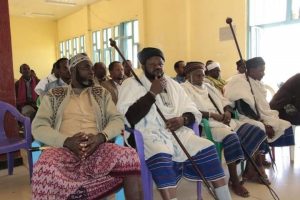
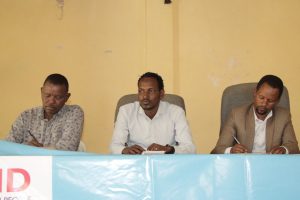
It was announced to the group of journalists that Haramaya University College of Law’s Borana Cross-Boundary Initiative for Peace Activity together with the zone’s administrative bodies, tribal leaders and Abba Gedas have done encouraging work on peace building and as a result, many problems and conflicts that used to occur between tribes have been reduced in the past three years.
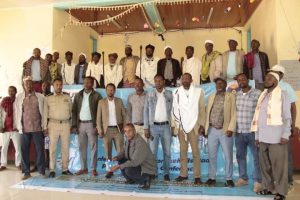
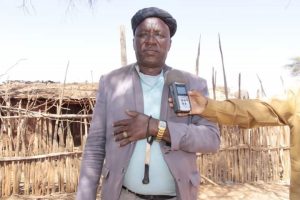
Head of the Attorney General’s Office of Borena Zone, Mr. Muhammad Angabi, said that before Haramaya University College of Law Cross-Border Peace Building Project started in Borena and border zones, there were frequent conflicts and killings between the Borena, Guji, Konso, Gebrana and Geri tribes due to competition to have access to water, grazing and cattle.
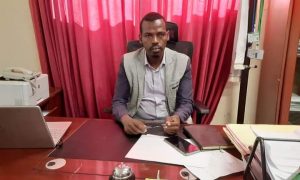
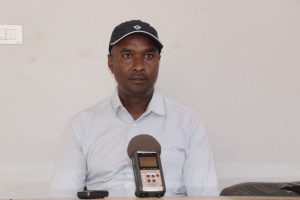
Mr. Muhammad said that they were able to prevent robberies, thefts and other crimes in the area by allowing the tribes to come together and share their experiences.
By creating different platforms, the traditional law has been recognized by the judicial bodies and the judgments given by the traditional courts have been recognized by the judicial bodies, the head pointed out. He added that the conflict and criminal activities have decreased.
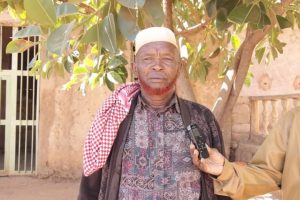
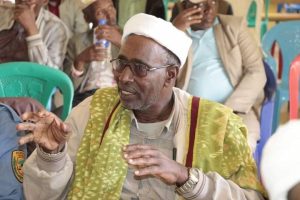
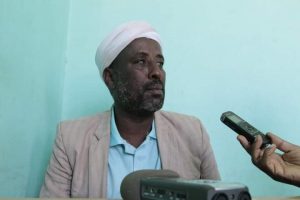
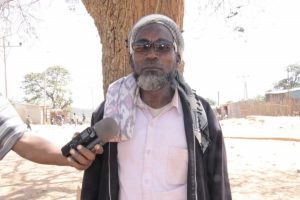
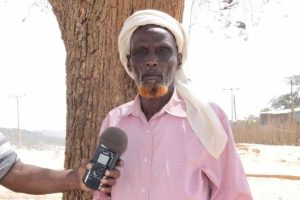
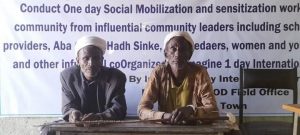
At the start of the project, in order to bring peace between the tribes, Abba Gedas, elders and elected people discussed with the tribes, in addition to their own traditional laws, to make common cultural laws with their neighboring communities and the tribes meet to exchange their experiences.
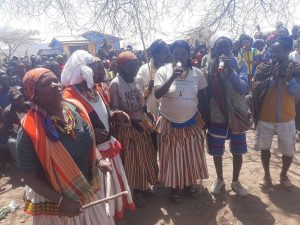
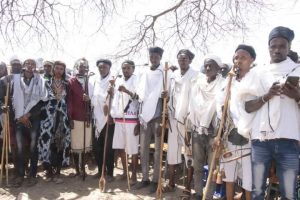
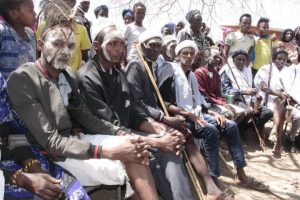
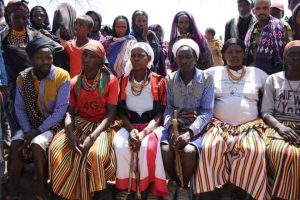

Mr. Wario Dima Gudina, Haramaya University College of Law Borena Border Crossing Peace Building Project Coordinator, stated that they have given various trainings to the residents and tribal leaders to have series of dialogues mainly to connect different ethnic groups and work to stop conflict through mediation.
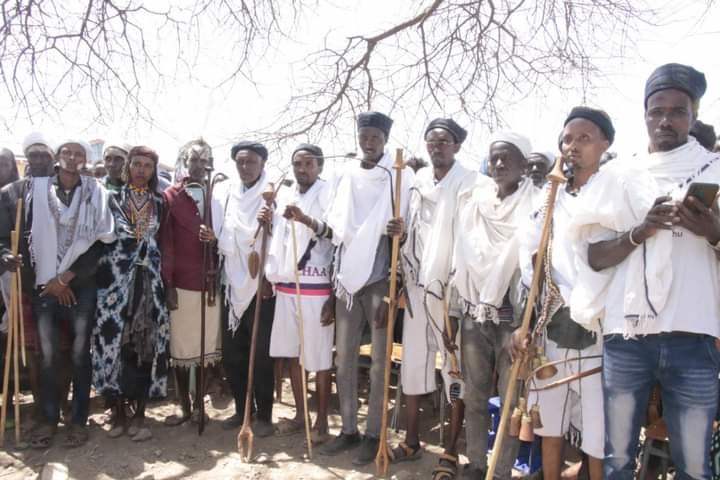
He added that in order to stop conflict, they are working together with stakeholders in eighty-four kebeles. They have carried out peace conferences and exchange of cultural experiences with the community representatives and leaders as well as conducted studies to help implement the traditional conflict prevention and resolution system, it was indicated.

According to Dr. Richard Wentzell, dean of College of Law at Haramaya University, the objectives of the Borena Cross – Border Action for Peace project is in the Borena Zone and neighboring areas is to strengthen the capacity to resist conflicts, reconciliation between communities and cooperation for conflict reduction and peace building, improved mutual understanding and communication between communities, promoting cooperation in the use and management of the community’s common resources, as well as increasing awareness and motivation for fair and inclusive environmental management and decision-making.
Dr. Richard indicated that the project activities involve the Borena Zone and neighboring areas, including Gabra, Guji, Gari, Konso, Burji, Wayu, Hamar and Arbore, while other smaller groups are Dogodi and Merihan.
For the purpose of effective coordination and implementation, the entire project area is divided into four systems and twelve Dialogue and Reconciliation Centers.
The people of Gerina and Borena expressed their gratitude for Haramaya University’s help to bring peace and reduce conflicts in their area and called for the project to be strengthened.
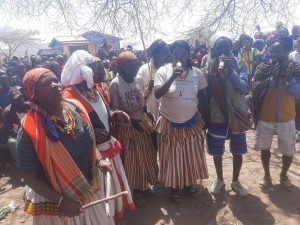
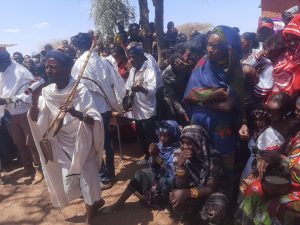
The project covers a total of 17 districts from Borena Zone and neighboring zones/regions in Kenya.
The project is being Sponsored by USAID.
Reporter: Shemsedin Mohammed
Photographer: Fuad Ahmed Ali
Directorate of Public and International Relations of Haramaya University

